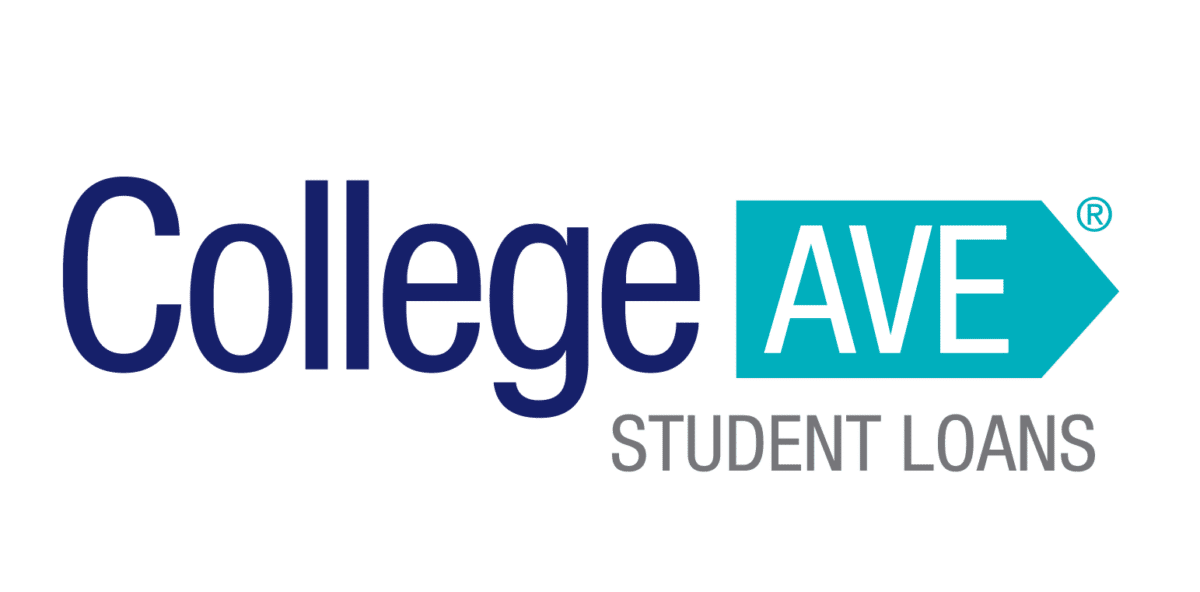
If you’re a college student, you need to study up on all of your student loan options. Student loan debt stays with you after school and can affect your financial health. Compare the two types — private versus federal student loans — to make an informed decision on how you’re going to pay for college.
Federal vs. Private loans: what's the difference?
The main difference between federal and private student loans is who provides them. Federal student loans are administered by the federal government, whereas private student loans come from various banks, credit unions, and financial institutions.
Federal student loans are available to all students who complete the Free Application for Federal Student Aid (FAFSA). The federal student loans are listed in the award letter sent by your school. Interest rates and loan terms are standard for each type of federal student loan.
Private student loans require individual applications with the specific lender you’re interested in. Acceptance and loan terms are based on credit history.
Quick questions answered
| Loan type | Interest | Is interest paid for you during school? | Flexible payment options | Eligible for forgiveness |
|---|---|---|---|---|
| Subsidized | 4.53% | Yes | Yes | Yes |
| Unsubsidized | 4.53% | No | Yes | Yes |
| Grad Unsubsidized | 6.08% | No | Yes | Yes |
| Grad Plus | 7.08% | No | Yes | Yes |
| Private Loans | Varies | No | Varies | No |
Both federal and private student loans have advantages depending on the type of student you are.
Federal student loans are a better option
Federal student loans should be maxed out first, before turning to private student loans. This is because of the many borrower protections and advantages they offer. Before diving into those, you should know the four types of federal student aid you could be offered in school:
- Subsidized student loans
- Unsubsidized student loans
- Grad PLUS loans
- Parent PLUS loans
Undergraduate students are eligible for subsidized and unsubsidized loans. Graduate students are eligible for unsubsidized and Grad PLUS loans.
Parent PLUS loans are the responsibility of the parent. Because of this, federal student loan advantages don’t apply. Because you won’t be taking these out, revisit this option at a later time with your family.
Forgiveness programs mean free money
One of the most important advantages of federal student loans is access to student loan forgiveness programs. People with federal student loans can qualify for forgiveness programs that have the potential to erase all the loans. These programs include:
- Public Service Loan Forgiveness (PSLF)
- Teacher loan forgiveness
- Perkins loan cancellation
- State-specific loan forgiveness programs
- Income-driven repayment plan forgiveness
Student loan forgiveness doesn’t necessarily mean you pay nothing out of pocket. For example, with income-driven repayment forgiveness, you’ll have to pay taxes on the amount forgiven. This “tax bomb” is something you’ll need to be prepared for.
Plans based on your income mean affordable payments
Federal student loans have access to repayment plans that allow for loan forgiveness and affordable payments, which are only available with federal student loans. These are called income-driven repayment (IDR) plans, and you can choose one that works with your current income. There are four main options:
- Income-Based Repayment (IBR)
- Income-Contingent Repayment (ICR)
- Pay As You Earn (PAYE)
- Revised Pay As You Earn (REPAYE)
With any of these repayment plans, you’ll end up paying more in interest because they lower your payment from the Standard 10-Year Repayment Plan. This is a serious advantage to federal student loans if you want to go for student loan forgiveness while being able to afford your monthly payment.
Most of the time a credit check isn’t needed
As mentioned above, federal student loans are awarded based on the information you provided on the FAFSA. The most common types of federal loans, Direct Unsubsidized, and subsidized student loans don’t need a credit check to qualify.
The Direct PLUS Loan for parents and graduates is a federal student loan that requires a credit check. The interest rate is still fixed, but it’s significantly higher than the other federal student loans, at 7.08%. This is one instance where private student loans may win out over federal loans.
Federal student loans aren’t all good. They have some disadvantages you should be prepared for.
Federal student loan disadvantages
Federal student loans are easy to access. They offer you flexible repayment options, including eligibility for forgiveness. That said, they have some limitations.
You can’t choose your loan servicer
Unfortunately, student loan servicers don’t have the best reputation for customer service. This is a concern with federal student loans because you have no choice in loan servicer.
Your loan may have many servicers during its lifetime, leaving you to work out communication issues yourself.
There is a limit to how much you can borrow
Direct Subsidized and Direct Unsubsidized federal student loans have limits for how much you can borrow. These limits are both annual and aggregate (overall total).
That said, you can borrow up to the total cost of attendance with a Direct PLUS Loan, if needed. If you’ve met your federal student loan limits and need to fill the financial gap, then look into private student loans. You’ll want to compare the Direct PLUS Loan to private student loans, especially since PLUS loans have such a high-interest rate.
Pros of private student loans
Private student loans come with various advantages depending on who the lender is. These are more general, so keep in mind each lender can be a bit different.
You’re rewarded for good credit with lower interest rates
If you have excellent credit, you can find a lower interest rate with a private student loan compared to a federal student loan. Some private lenders like Earnest offer fixed rates as low as 3.45%* for student loans.
Keep in mind that once you take out a private student loan, you typically begin repayment right away. Some lenders offer a grace period while you are in school. If you will need this type of grace period, then keep it in mind when shopping for private student loans.
* As of October 22, 2019
You get to find your perfect match in lenders
You have the power to pick your lender and shop around when getting a private student loan. This is a huge advantage. You can use a website like Credible to compare multiple lenders at once. Getting “pre-qualified” doesn’t affect your credit score, so it’s worth the effort to find a lender that will give you the best rate and loan terms.
Generally, there isn’t a limit to how much you can borrow
You can typically borrow the total cost of attendance with most private student loan lenders. Be sure you know this number ahead of time so you can be exact with your request. If you can’t borrow what you need from one lender, you may need to take out more than one private student loan. Or you can consider taking out a Direct PLUS Loan and use a private student loan to help fill the gap.
Private student loan risks
Private student loans do require your finances to be in order to get the best deal. They also offer less flexibility than federal student loans when it comes to repayment.
You need to have good credit or a cosigner to qualify
If you want the student loan to truly save you money, you need good credit to qualify for good loan terms. You can get a cosigner if you don’t have good credit, but that cosigner is 100% responsible for the loan if you don’t pay. This can put someone in an uncomfortable position. If you’re going to request a cosigner, you need to have an income in place to pay each month as soon as the loan is disbursed.
They don’t always include borrower protections
Private student loans generally don’t offer alternative repayment plans, deferment or forbearance, nor do they have forgiveness programs. Even in death, some private student loans can’t be discharged — but federal student loans can be.
It depends on the lender if you’ll have access to any of these borrower protections. Understanding this sacrifice is important if you choose a private student loan over a federal student loan.
Private vs. federal student loans: Which loan is better?
Paying for college is expensive, and you’ll probably need to take out at least one kind of loan. Remember these key takeaways about private versus federal student loans:
| Federal | Private |
|---|---|
| Administered by the federal government | Administered by private lenders like banks and credit unions |
| More borrower protections | Limited payment flexibility |
| Eligible for forgiveness programs | Not eligible for forgiveness |
| Fixed interest | Fixed and variable interest |
When choosing between federal student loans and private student loans, it’s generally a good idea to take out federal student loans first. If you need to get PLUS Loans, then it might be a good idea to consider private student loans. Don’t forget that private student loans can be refinanced later on, which can save you some money.
| Lender Name | Lender | Offer | Learn more |
|---|---|---|---|
| Sallie Mae |

|
Competitive interest rates.
|
Fixed 4.50 - 15.69%
Variable 6.37 - 16.78%
|
| Earnest |

|
Check eligibility in two minutes.
|
Fixed 4.67 - 16.15%
Variable 5.87 - 18.51%
|
| Ascent |

|
Large autopay discounts.
|
Fixed 4.09 - 14.89%
Variable 6.22 - 15.20%
|
| College Ave |

|
Flexible repayment options.
|
Fixed 4.07 - 15.48%
Variable 5.59 - 16.69%
|
